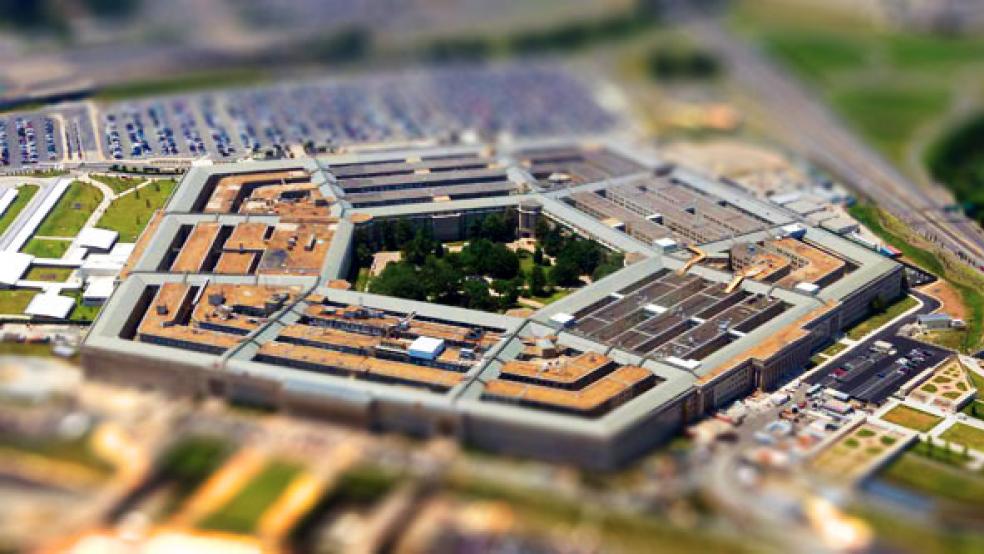By law, the free-spending Defense Department is required to implement a plan to achieve at least $10 billion in administrative cost savings within the next two years. But the Government Accountability Office (GAO), which for years has complained about the Pentagon’s shoddy budget and auditing practices, issued a new report this week saying those savings, for now, are just a fantasy.
Since early in the Obama administration, the Pentagon has been under pressure to rein in the size of its headquarters and support organization, which was spinning out of control. The National Defense Authorization Act of 2016 specifically mandated DoD to achieve at least $10 billion in savings in those areas through 2019.
Related: More Money for Defense? Why Congress Needs to Look Twice at the Military Budget
At one point, DoD sought to assure members of Congress that it could achieve as much as $13.1 billion in savings, between fiscal 2015 and 2021.
But GAO has scoffed at those assurances, saying in its latest report that the Pentagon’s estimate is “unreliable” and not auditable because it was not sufficiently detailed and didn’t meet “best practices” for cost estimates.
“Without detailed documentation allowing someone unfamiliar with the program to easily recreate or update the cost savings estimate, the estimate is not reliable and, thus, does not allow for clear tracking of costs,” the report said.
Getting a firm handle on defense spending has always been a frustrating challenge for the GAO and other government watchdogs. The Department of Defense – the largest government agency with an annual budget of nearly $600 billion – has never been successfully audited. That’s why no one can figure out how the Pentagon spent more than $8.5 trillion since 1996.
Related: How the Pentagon Cooks the Books to Hide Massive Waste
The military’s accounting disarray became an issue during the 2016 presidential campaign, and both President Trump and Democratic nominee Hillary Clinton pledged to order a thorough audit of the Defense Department as part of major government reforms if they were elected.
However, that could be changing. David Norquist, Trump’s nominee to become comptroller of the Pentagon, indicated recently that the Pentagon would devote the coming months to gearing up for a first-ever audit. Whether that audit ever materializes remains to be seen.





